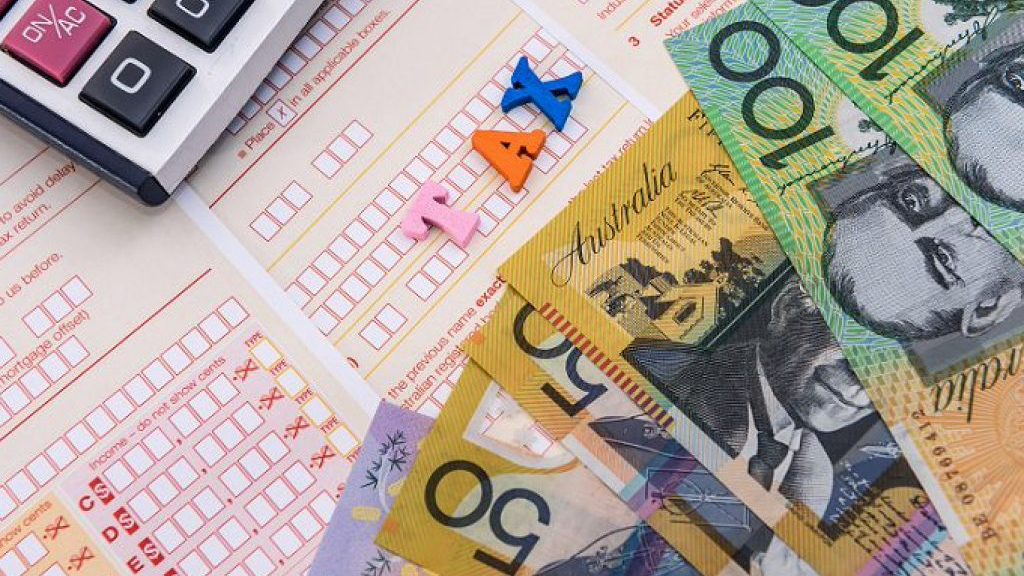
Tax depreciation is often overlooked in investment property ownership and arranging a schedule or estimate if your property is eligible before 30 June can help you to maximise the potential tax returns.
A tax depreciation schedule can be organised through a quantity surveyor who will inspect your rental property and report back on the depreciable assets of the investment. The report will account for the decline in value of any plant and equipment assets of the property as well as the building.
What is tax depreciation?
During the life cycle of a residential property, the building and equipment contained within will age with wear and tear and as a result, the value will depreciate over time. The Australian Taxation Office permits Owners of investment properties to submit claims against the depreciation of the residential building as well as certain fixture and fittings included within the property.
When should I arrange a tax depreciation schedule?
As we head toward the end of the financial year, now is the perfect time to have your tax depreciation schedule arranged. This will ensure that you can claim the cost of the schedule with this year’s tax return in addition to the potential depreciable building, plant and equipment claims that can be made at tax time on your investment property.
How do I arrange a tax depreciation schedule?
Your accountant may have recommendations of organisations who have qualified quantity surveyors to carry out a depreciation schedule. Alternatively, your Property Manager can often recommend a company and assist with arranging a time with the tenants to inspect the property and carry out the requirements to complete the report on your behalf.
You will then receive a report detailing the potential deductions that can be claimed on the depreciable assets of your investment property which can be provided to your accountant to assist when lodging your return this financial year.
There are advantages to investigating if your property qualifies for depreciable deductions including the opportunity to claim potential returns at tax time on your property investment. A conversation with your accountant or property manager may be the first step in ensuring that you are not missing out on potential savings and maximising the returns on your property investment.




